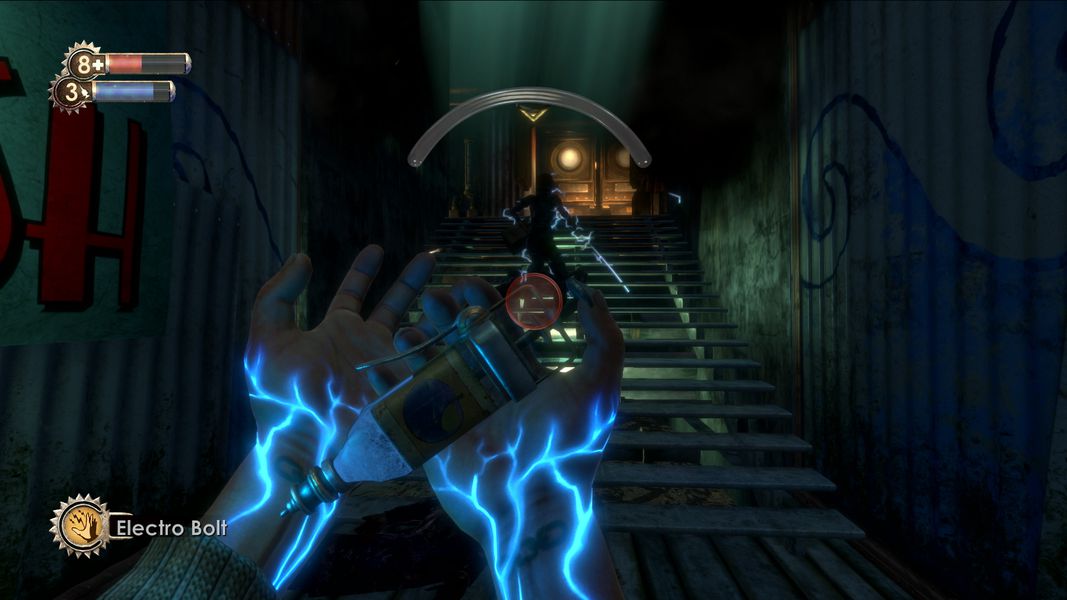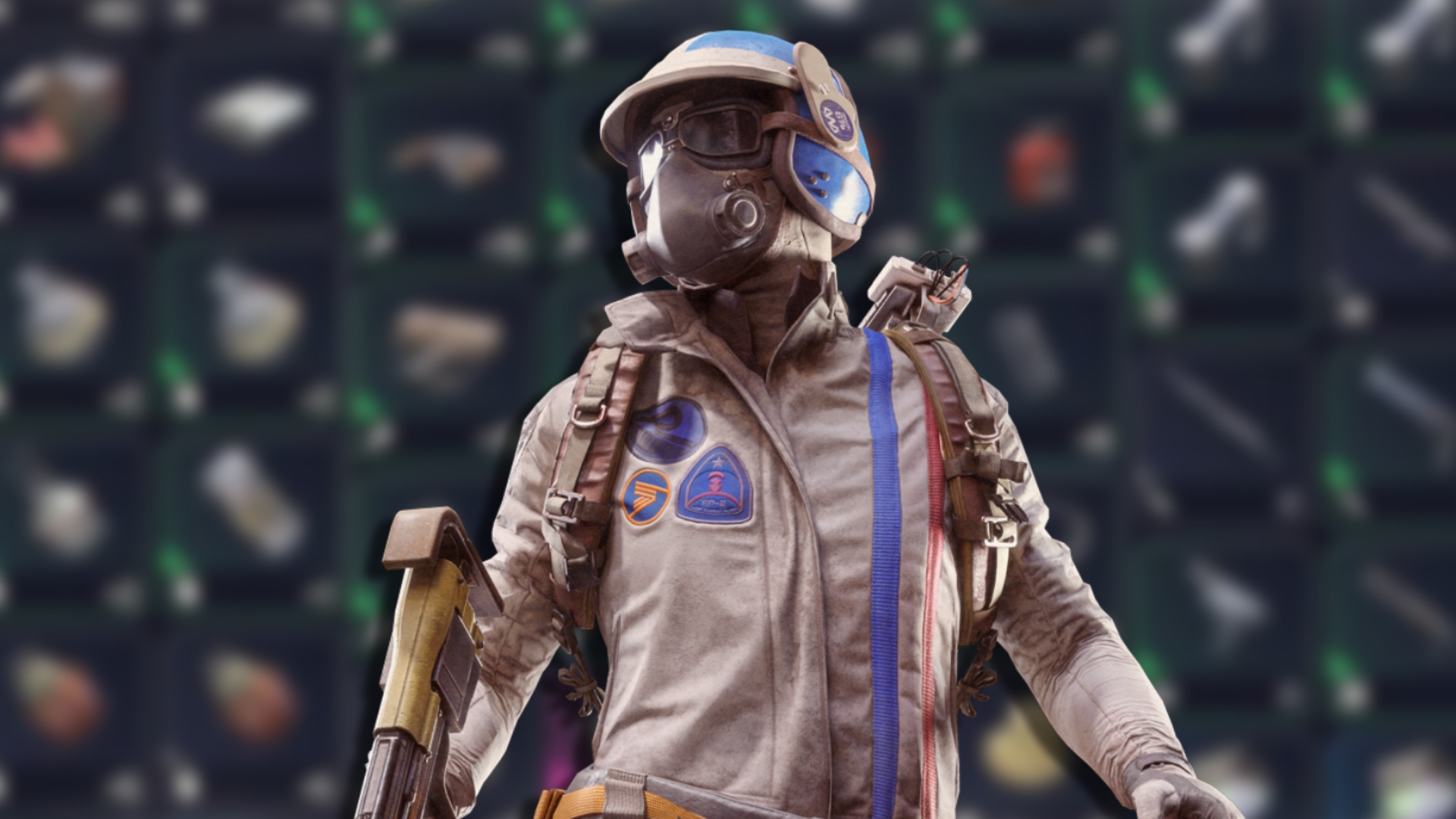You can trust VideoGamer. Our team of gaming experts spend hours testing and reviewing the latest games, to ensure you're reading the most comprehensive guide possible. Rest assured, all imagery and advice is unique and original. Check out how we test and review games here
According to the beta draft of the World Health Organisation’s International Compendium of Diseases, being addicted to games could become a recognised medical condition. The early draft of the document came out last week, and now the ESA has issued a statement in response that ‘strongly encourage[s]’ the WHO to ‘reverse direction.’
‘Gaming disorder’ is currently listed next to ‘gambling disorder’ under ‘disorders due to addictive behaviours’, and the criteria for diagnosis include ‘impaired control over gaming’, piorritising gaming ‘over other life interests and daily activities’, and ‘continuation or escalation of gaming despite the occurrence of negative consequences.’
This is only a draft and is being adjusted regularly, and PC Gamer pointed out that a similar proposal was raised for the Diagnostic and Statistical Manual of Mental Disorders a few years ago, but at the time there wasn’t enough evidence for it to go through. Despite this, the Entertainment Software Association is perturbed and has issued a statement, which in some respects reads hilariously like a mobster paying the WHO a visit at its house and telling it what a lovely family it has:
‘Just like avid sports fans and consumers of all forms of engaging entertainment, gamers are passionate and dedicated with their time. Having captivated gamers for more than four decades, more than two billion people around the world enjoy video games.
‘The World Health Organization knows that common sense and objective research prove video games are not addictive. And, putting that official label on them recklessly trivializes real mental health issues like depression and social anxiety disorder, which deserve treatment and the full attention of the medical community. We strongly encourage the World Health Organization to reverse direction on its proposed action.’
It’s likely that there still hasn’t been enough research conducted into games being actually addictive (and under the current diagnosis the WHO has proposed it looks like I was definitely suffering gaming disorder for about three weeks after I broke up with my boyfriend at uni), but this combined with the wider public uproar over loot crates last year could prompt some increased scrutiny. At any rate, the WHO ICD will be revised until its final release later this year.






